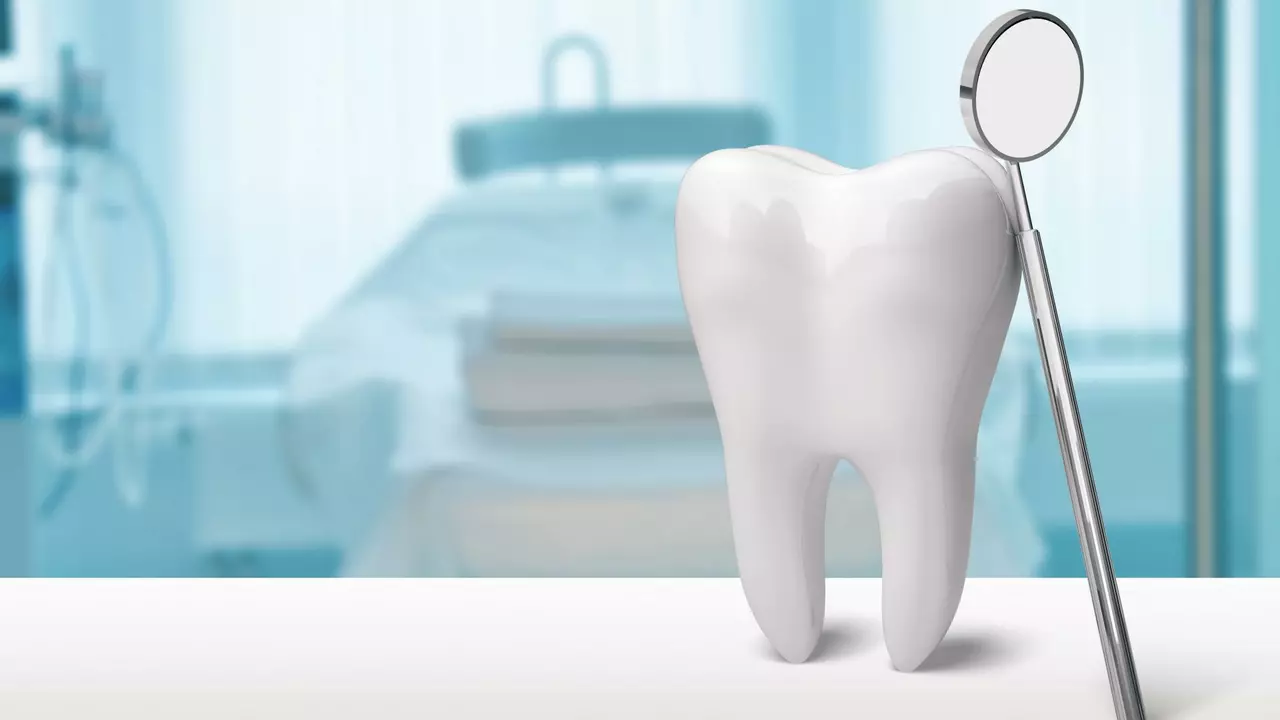If you have chronic kidney disease (CKD), you might hear doctors mention “renal osteodystrophy.” It’s a mouthful, but it simply means the bone problems that develop when kidneys can’t keep mineral balance in check. Think of your kidneys as the body’s chemical regulator – when they falter, calcium, phosphate and hormone levels go haywire, and bones start to suffer.
Why does this happen? Healthy kidneys turn vitamin D into its active form and help clear excess phosphate. In CKD, both tasks get sloppy. Low active vitamin D reduces calcium absorption from food, while phosphate builds up in the blood. The body reacts by releasing more parathyroid hormone (PTH). High PTH pulls calcium out of bones to fix the low‑calcium blood, leading to bone pain, fractures and deformities.
Renal osteodystrophy doesn’t always announce itself loudly. Common clues include:
If any of these symptoms appear alongside CKD, bring them up with your nephrologist. Early detection can slow down the bone damage.
Treatment targets three things: balancing calcium and phosphate, lowering PTH, and protecting bones. Here’s what you’ll typically hear about:
In severe cases where bone loss is extensive, a specialist may suggest surgery to remove part of the parathyroid glands. It’s not common, but it works when medication isn’t enough.
Beyond meds, stay active. Weight‑bearing exercises – walking, light resistance training – stimulate bone formation and keep muscles strong. Pair that with a balanced diet rich in leafy greens (low phosphate) and adequate protein to support overall health.
Regular blood tests are key. Your doctor will monitor calcium, phosphate, PTH and vitamin D levels every few months. Adjustments happen based on those numbers, so keep appointments and share any new aches right away.
Living with renal osteodystrophy means watching two systems at once – kidneys and bones. It can feel overwhelming, but with a clear plan – diet, meds, activity and close lab monitoring – you can protect your skeleton while managing kidney disease.

I recently came across the topic of osteodystrophy and its effects on dental health, which I found quite intriguing. Osteodystrophy is a condition that affects bone metabolism and can have a significant impact on our teeth and gums. It is important for us to understand the link between these two aspects of our health, as it can help us take better care of our oral hygiene. In my research, I discovered that proper dental care and regular check-ups are crucial in managing this condition. I'll be sharing more information on this topic in my upcoming blog post, so stay tuned!
Abdominal distension can turn a great day into a disaster, but probiotics might just be the underrated tool your gut needs. This article dives into how probiotics can actually help reduce bloating and swelling by changing your gut’s bacterial landscape. I'll explore specific strains, explain what real evidence says, and unpack simple habits to keep your digestion happy. You'll learn who benefits most, what mistakes to avoid, and how small changes can add up. Get ready for tips straight from the science to your everyday life.
In my latest blog post, I've tackled some common myths surrounding breathing disorders. I've busted several misconceptions like the belief that asthma is always outgrown in adulthood, or that sleep apnea only affects overweight individuals. By shedding light on these misconceptions, I hope to provide a clearer understanding of these conditions, and remind everyone that proper diagnosis and treatment are crucial. Breathing disorders are serious and shouldn't be taken lightly, and it's high time we separate fact from fiction. Stay tuned for more health myth-busting posts!
If you're taking atazanavir for HIV, you have legal rights at work. Learn what accommodations you can request, how to ask for them, and how to protect yourself from discrimination-all without revealing your diagnosis.
A side‑by‑side look at Fulvicin (griseofulvin) versus terbinafine, itraconazole, and fluconazole, covering how they work, costs, side effects, and how to pick the best option.
Store brand OTC medications contain the same active ingredients as name brands but cost 80% less. Learn how to save money without sacrificing effectiveness, backed by FDA data and real user experiences.